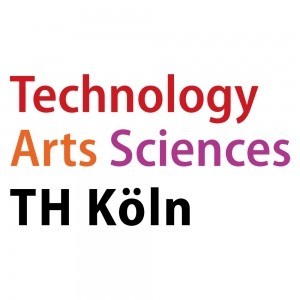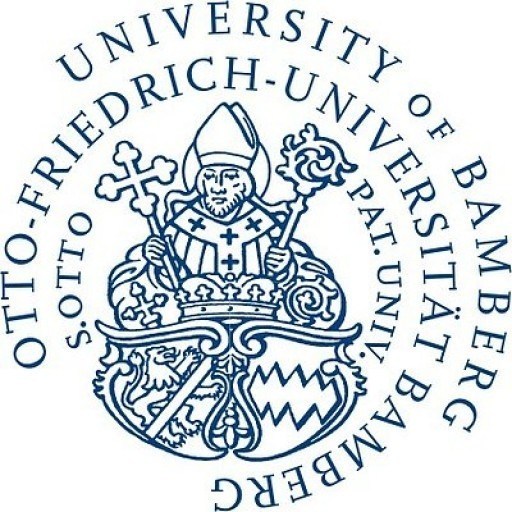Photos of university / #unifreiburg
The English language M.A. program Modern China Studies is consecutive and has a strong emphasis on academic research. In terms of content, the program focuses on phenomena and processes shaping China in the 20th and 21st centuries while at the same time taking into account the historical processes leading up to the these processes and phenomena. Seminars introduce students to central topics, methods and theories of Modern China Studies. During a one semester stay abroad, students immerse themselves in a foreign academic culture, extend their language competence and acquire intercultural sensitivity. Successful graduates of the program qualify for jobs relating to China in academia, foundations, journalism, (further) education and private enterprises and are in addition well-prepared for conducting further academic research on the PhD level.
Contents:
•Classes on modern Chinese politics, economy, history, culture and society
•Advanced language training •Classes on theories, methods and research design
•Integration into ongoing research projects
Structure of the program:
•1 st and 2nd semester in Freiburg
•3 rd semester: study abroad – at one of our Chinese partner universities or elsewhere
•4 th semester spent in Freiburg: master thesis
Admission requirements:
•B.A. in social sciences or humanities (graded good or above)
•Knowledge of English equivalent to C1 (i.e. TOEFL iBT 100 or IELTS Band 7.0)
•Knowledge of Chinese equivalent to B2 (i.e. HSK 4)
The financing options for the Modern China Studies program at the University of Freiburg are designed to support students through various funding avenues, ensuring access to high-quality education regardless of financial background. International students are encouraged to explore multiple scholarship opportunities, some of which are offered directly by the university, while others are available through external organizations. The University of Freiburg provides merit-based scholarships for outstanding students, which consider academic excellence, extracurricular involvement, and motivation. These scholarships typically cover partial or full tuition fees and may include stipends for living expenses.
Additionally, students may apply for the Deutschlandstipendium, a national scholarship funded jointly by the German government and private sponsors, which awards €300 per month and is awarded to students demonstrating exceptional academic achievement and social engagement. Erasmus+ funding is also available for European students participating in exchange programs or internships related to Modern China Studies, helping to offset travel, accommodation, and subsistence costs during temporary study periods abroad.
For students from outside the European Union, various government scholarships and financial aid programs can be accessed, often requiring application through their home countries’ scholarship agencies. The university's International Office provides guidance and support for international students seeking financial assistance.
Part-time employment on or near campus is another option to supplement income, and students are advised to familiarize themselves with German regulations on student work hours. The university also offers information about low-interest loans, bursaries, and other financial aid programs that can support students throughout their studies.
In summary, the university offers a comprehensive range of financing options for Modern China Studies students, from scholarships and grants to work opportunities, aimed at alleviating financial burdens and enabling students to fully engage with their academic pursuits.
The Modern China Studies program at the University of Freiburg offers students a comprehensive and interdisciplinary approach to understanding contemporary China. This program is designed to provide an in-depth analysis of China's social, political, economic, and cultural developments in the context of globalization and modernization. The curriculum encompasses various disciplines such as political science, history, economics, sociology, and cultural studies, allowing students to gain a broad and nuanced understanding of China’s multifaceted society.
Students enrolled in this program can expect to engage with a wide range of topics, including Chinese political institutions, economic reforms, social transformations, environmental issues, and cultural dynamics. Emphasis is placed on critical thinking and analytical skills, preparing graduates for careers in international organizations, research institutions, government agencies, and the private sector that require expertise in Chinese affairs. The program often incorporates language training, particularly in Mandarin, to enhance students’ proficiency and facilitate direct engagement with primary sources and local communities.
The teaching methods include lectures, seminars, workshops, and field trips, providing students with both theoretical knowledge and practical experiences. The program also promotes intercultural exchange and offers opportunities for internships and study abroad experiences, which are vital for gaining firsthand insight into Chinese society and establishing international networks. Faculty members are renowned scholars with expertise in various aspects of China’s development, ensuring high-quality education and mentorship.
Graduates of the Modern China Studies program typically pursue careers in academia, journalism, diplomacy, international business, or non-governmental organizations. They are equipped with analytical skills, cultural literacy, and language competencies required to operate effectively in intercultural and international settings related to China. The program’s structure is designed to combine academic rigor with practical relevance, reflecting Freiburg University’s commitment to fostering globally competent and socially responsible scholars and professionals.









